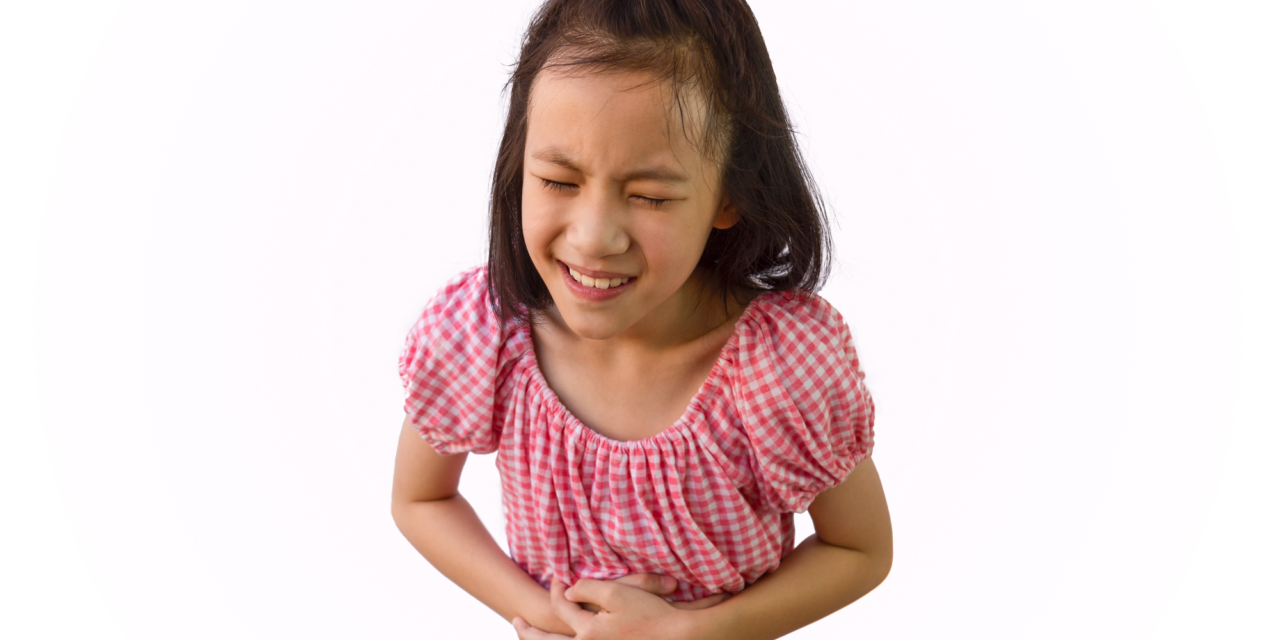Many instances of abdominal pain or discomfort are not indicative of larger issues. Some people may tweak an abdominal muscle while exercising, and others may feel discomfort after eating a particular food. But when issues persist, it could be due to irritable bowel syndrome, often referred to as “IBS.”
According to the International Foundation for Gastrointestinal Disorders (IFGD), as much as 10% of the global population has IBS. Frequently considered a major women’s health issue, the condition is not exclusive to women. In fact, children can develop IBS as well, making it important for parents to be aware of the condition.
What is IBS in children? The experts at Cedars Sinai note that IBS is a long-term chronic disorder affecting the large intestine or colon. Though the colon appears normal when a person has IBS, it’s still not working the way it should, and this sparks a strong reaction to things that would not normally produce any adverse effects. When IBS is present in a child, it causes problems with how food moves through the digestive system and can lead to what Cedars Sinai characterizes as “extreme sensitivity” of the inside of the bowel to stretching and motion.
How do children get IBS? Cedars Sinai reports that children are most at risk for IBS if one or both of their parents have the disorder.
Are girls more likely than boys to get IBS? Unlike IBS in adults, which the IFGD reports affects significantly more women than men, IBS in children affects boys and girls equally. In addition, Cedars Sinai notes that teenagers have a greater risk of developing IBS than younger children.
What are the symptoms of IBS in children? Symptoms of IBS vary in children. THE IFGD indicates that nearly one-third of IBS patients surveyed reported having only mild symptoms. However, that does not mean IBS isn’t painful, and Cedars Sinai emphasizes that parents should stress to their children that any belly pain they feel is real and not imaginary. Such an emphasis can ensure kids report symptoms, which can then be discussed with a health care professional.
Some of the symptoms children with IBS may experience include belly pain that keeps coming back; pain for more than three months; a change in bowel habits, such as diarrhea or constipation; upset stomach (nausea); feeling dizzy; loss of appetite; swelling (bloating) and gas; cramping; needing to have a bowel movement right away; feeling that not all of the stool has come out during a bowel movement; and mucus in the stool.
Is there a cure for IBS? There is no cure for IBS. When treating the condition, a child’s health care team will work to ease the severity of symptoms so kids can get back to their normal activities. Dietary changes may be recommended, and more severe instances may be treated with medication.
IBS in children can be painful. Parents are urged to speak with their children’s physician if they notice any symptoms of IBS in youngsters.












